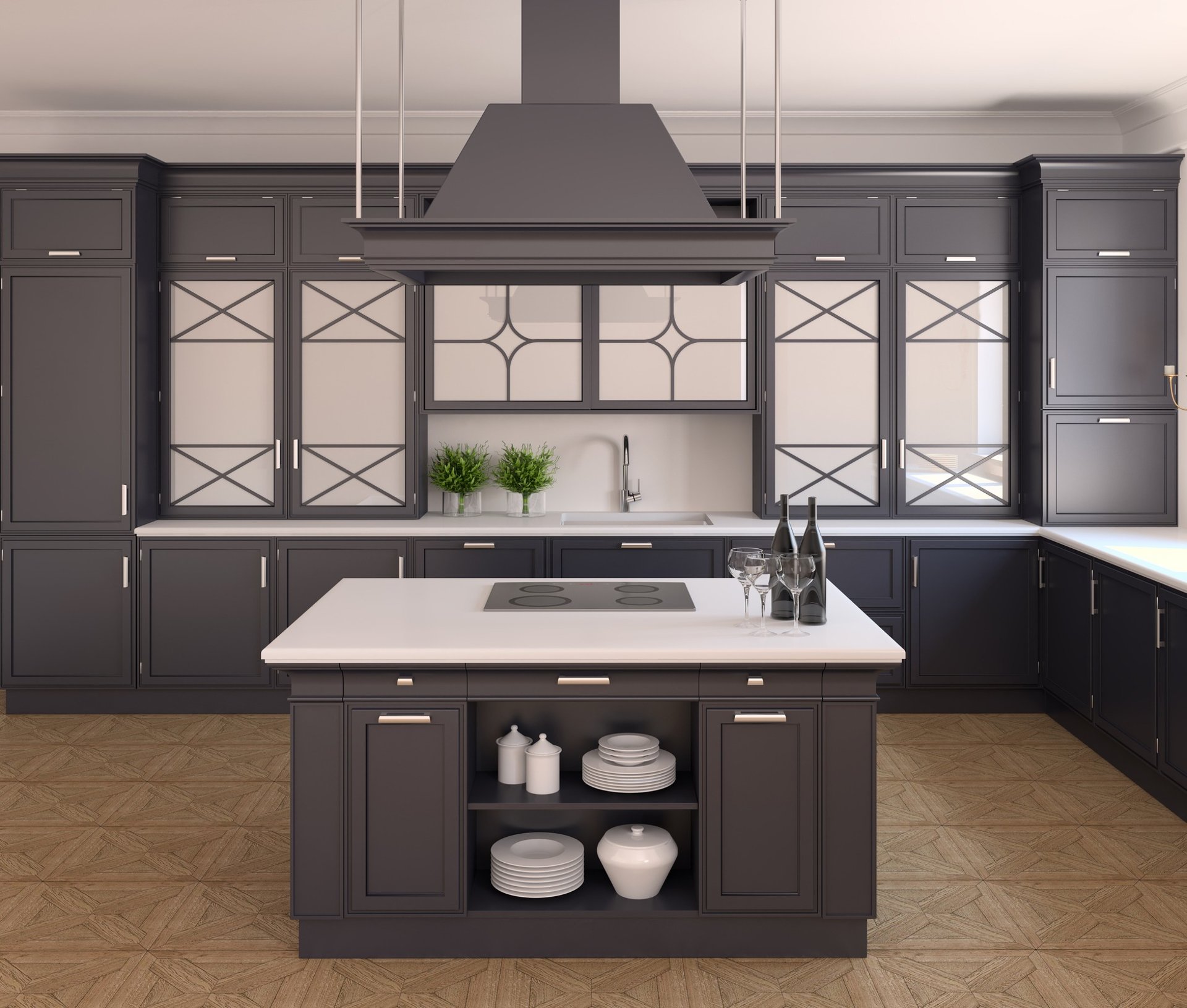
Your First Home Starts Here
Expert Guidance, Honest Answers, and Step-by-Step Support for First-Time Home Buyers in Northern Virginia
First-Time Home Buyers Guide
Representing first-time home buyers is one of the most rewarding aspects of what we do. To help you feel confident and prepared, we've compiled the most common questions and essential information we share with new buyers before the home search begins.
How Much Home Can I Afford?
Lenders typically recommend that your monthly housing payment not exceed 28% of your gross monthly income, and your total monthly debt—including housing—should remain below 36%. You can use our [mortgage calculator] to estimate your monthly payment. Be sure to factor in utilities, homeowners association (HOA) dues, and other recurring expenses when budgeting.
What Do Lenders Look For When Approving a Loan?
Lenders evaluate five key factors:
Capacity: Your job history, savings, and current debt help prove your ability to repay a loan.
Capital: Assets such as savings, real estate, or investments that show financial responsibility.
Down Payment: A minimum of 3% can get you in the door, but a 20% down payment qualifies you for better terms.
Collateral: Lenders require a home appraisal to confirm the property's value.
Credit Score: A score of 680 or higher opens more favorable mortgage options. Timely bill payments are crucial to maintaining good credit.
What Happens When I Make an Offer?
When you're ready to submit an offer, you'll include an earnest money deposit—typically between $1,000 and $5,000. This deposit becomes part of your down payment or closing costs if the offer is accepted. If the offer is declined, the money is returned. Canceling without a valid reason may result in losing your deposit.
Buying a new construction home? Builders often require higher deposits—usually between 2% and 5% of the base price. Upgrade deposits vary widely, from capped limits to 25–50% of the upgrade cost. An experienced agent can help you navigate these builder-specific terms.
How Much Should I Expect to Put Down?
FHA Loans: 3% down.
VA Loans: No down payment, no private mortgage insurance (PMI), and a 2.15% funding fee (waived for some veterans and surviving spouses).
Conventional Loans: 20% down avoids PMI and offers better interest rates.
You may also be eligible to use gifts from family or state-sponsored down payment assistance programs.
What Documents Do I Need to Provide?
To get pre-qualified, you’ll need:
One month of recent pay stubs
Six months of bank statements
Documentation of assets
A lender will use these to issue a pre-qualification letter, which must accompany any offer you make on a home.
Do I Really Need a Real Estate Agent?
Absolutely—and it won’t cost you a dime. Sellers, not buyers, cover agent commissions. We bring:
MLS access and home-showing tools
Trusted lender and inspector referrals
Expert contract negotiation and problem-solving
Guidance through new construction, upgrades, and walkthroughs
From contract to closing, we protect your interests every step of the way.
How Do I Choose the Right Lender?
Loan programs vary by lender and by your needs. We help you evaluate options from banks, credit unions, brokers, and direct mortgage lenders offering FHA, VA, conventional, and specialty programs like the Dream Maker mortgage for qualifying military and government employees.
This program offers:
Minimum 620 credit score
$72,250 max household income
$5,000 toward down payment/closing
Reduced monthly payments
How Does My Credit Score Affect My Mortgage?
Credit score minimums for popular loans:
Conventional: 650
VA: 620
FHA: 580 (or 500 with 10% down)
The best rates start at 740+. Lower scores can raise your monthly payment significantly. Lenders also review your credit history, outstanding debt, and the number of recent credit inquiries.
What Should I Look for in a Home?
Consider these factors:
Size & Floor Plan: Does it accommodate your future plans?
Location & Commute: Is it near transit, commuter lots, or major routes?
Schools: Are public schools and programs a good match for your family?
Home Age & Condition: Will you need to replace big-ticket items soon?
Yard Space: Is there enough room for children or pets?
Weather-Related Needs: Remote homes may need generators or snow removal tools.
Furniture Fit: Visualize your furniture in each room.
How Many Homes Should I View?
On average, most first-time buyers view about 15 homes—but we’ll show you as many as it takes. One of our clients viewed 160 homes; another took 2 years. Our collaborative MLS search tools ensure you see everything that matches your preferences, and we’ll guide you to the right one.
What Happens at Closing?
At closing, you’ll sign all necessary documents and pay:
Final down payment
Title insurance
Loan origination and appraisal fees
Credit report and filing costs
Closing costs typically run about 3% of the contract price. In some cases, sellers or builders will contribute to these expenses, but it depends on market conditions. We always negotiate on your behalf to reduce your out-of-pocket costs.
Main Phone
Email Address
540-446-6284
Connect
Explore
Site Map
About Us
Dwayne Moyers is a trusted real estate professional with extensive experience in buying and selling homes across Fredericksburg, Stafford, Spotsylvania, and surrounding areas. Proudly affiliated with Serhant., Dwayne combines local market knowledge with a commitment to delivering exceptional service tailored to your unique needs.
Contact Dwayne
Email: moyersteam@gmail.com
Phone: (540) 446-6284
Services
Address
1660 International Dr. Suite #600, Mclean Va, 22102






Resources
